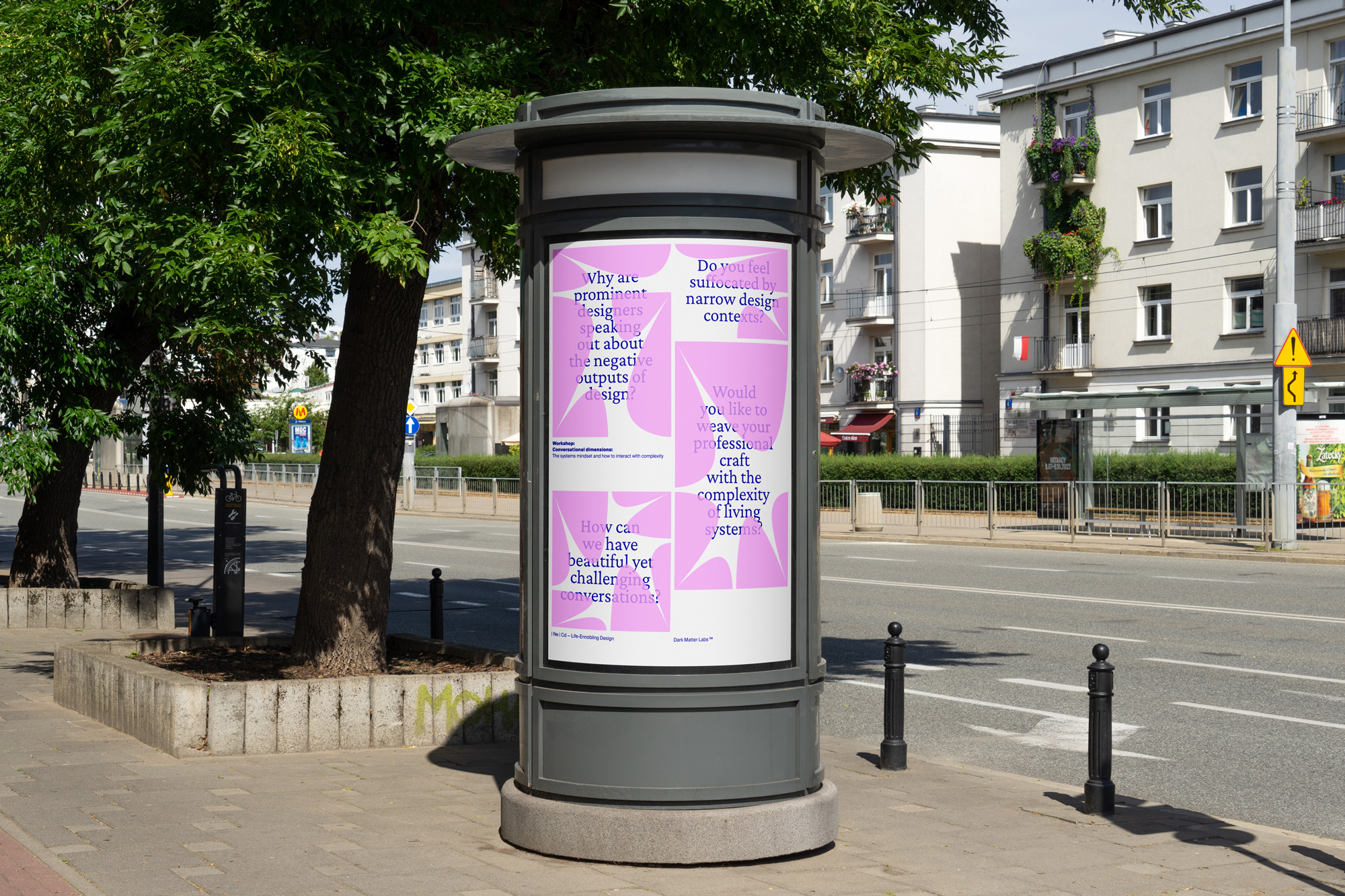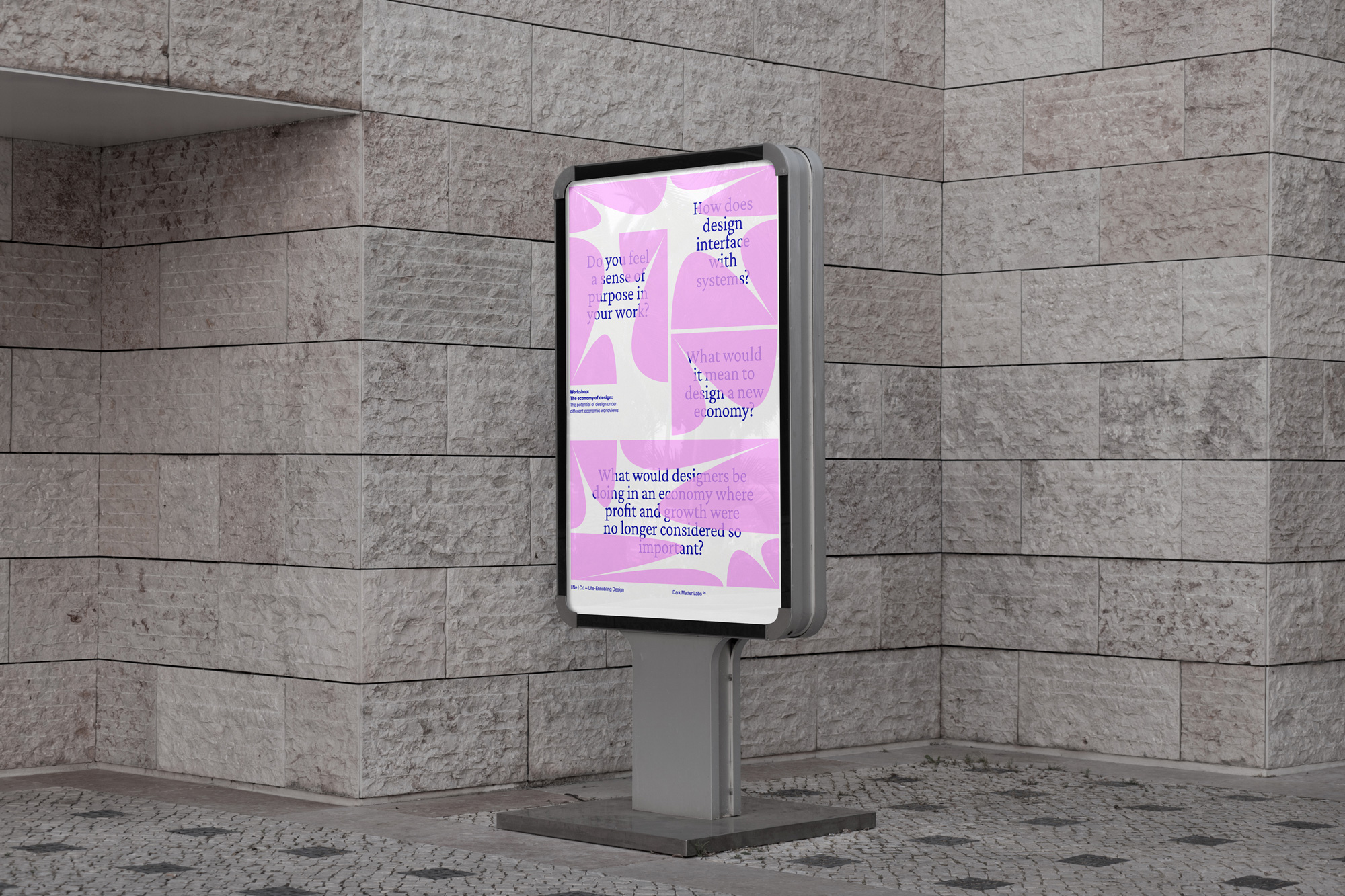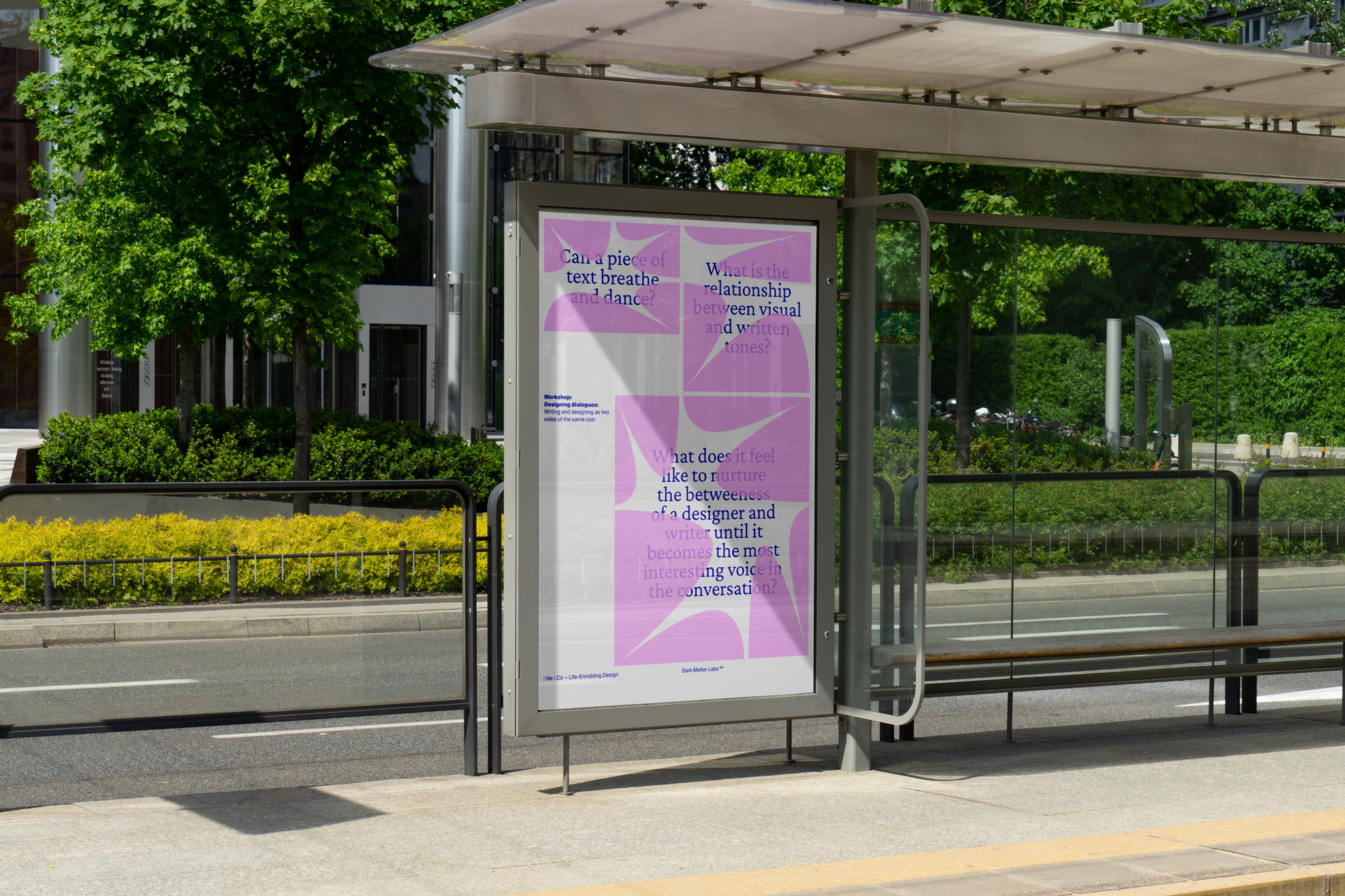Anti-Brief
If the brief sets us up for the work we will do, the anti-brief questions our motivations, what we will do, how we will do it, and with whom. In a world where we are dehumanising, suffocating, and poisoning ourselves to death, what kind of brief is appropriate? If the brief is anything less than fundamentally redesigning our economic systems, is it just a waste of time? How would your work change under a different worldview? Perhaps you are a professional designer, or perhaps you are someone working in the field of finance, business, or systems change. What is it that you need to unlearn and learn? We don’t think any single profession has the answer or can do the learning alone. Instead, we need to be in conversation and work together.
Beyond Property
From exerting control over ‘things’ to nurturing the relationships that make our lives possible.
Words like property and ownership are often associated with ideas of dominion and control, allowing us to treat elements of the living world (such as land and rare earth minerals) as objects. Deep down though, do we really believe that timber holds more value than a forest? Or that a whale’s life is interchangeable with a barrel of oil? What would it mean to explore a world beyond property, a world of self sovereign agents who we are respectfully in treaty with?
Beyond Labour
From working to pay the bills to vocations of creativity, purpose and care.
In our industrialised economies humans are often framed as a functional resource. However, rapidly advancing technologies (such as machine automation and alternative distributed currencies) have the potential to weaken the requirement for labour to service financial capital. What would it mean to emancipate the idea of work from its current focus on hierarchy and external incentives? Could we build a future economy that harnesses our inherent, embodied intelligences and unleashes our intrinsic motivations and ability to discover? Perhaps this would be a future of virtuous flow where human satisfaction is rooted in low impact, transcendent goals.
Beyond Extraction
From extracting resources for private gain to taking care of the planetary commons.
Even the word resource is innately extractive and predicated on violence. When we see a sentient animal or element of an ecosystem and name it as a natural resource, we are using language to justify collective violence in pursuit of private comfort. We have become highly proficient at accessing diverse fodder for the global economic supertanker; from the deep sea beds to the depths of the Amazon rainforest nowhere is considered too difficult to access if the price is right. What would happen if we erased ‘resource’ from our active vocabulary, and redirected our ingenuity toward stewarding the global commons?
Beyond Private Contracts
From private agreements that consolidate power to flexible, multi-party commitments to collective thriving.
Many of our existing contracts are structured as bilateral agreements. By design, these agreements ignore the complex interplay of values and the mutual need for care that is integral to most transactions. With the emergence of capabilities such as many-to-many and smart, self-executing contracting, we see an opportunity to revolutionise this root structure of the economy. For example, how would our interactions change if we could easily assemble contracts that recognise relational value? Could we collectively drive a bureaucratic revolution that would create new ways to acknowledge and manage the intricate, entangled flows of value?
Beyond Governance
From centralised decisions and enforcement to institutions of learning and stewardship.
Historically our dominant governance structures have sought to control and instruct. However, with the increasing complexity of both our societal systems and escalating risk pathways, this theory of governance no longer appears viable. From their top-down view, many governments are struggling to intelligently regulate the increasingly complex systems of property that they guarantee.
The most probable directions of future societal travel do not seem appealing. On the one hand we might fail to resolve our global coordination challenges and continue to experience ever intensifying crises (for example, individual countries reopening coal mines to reduce energy costs in the short-term ). Alternatively, we might find ways to overcome perverse incentives but the means to do so will potentially lead us towards authoritarian dystopias. With this in mind, how can we transition away from a centralised model of control, and embrace a governance style that fosters collective learning and empowers the entire system?
Beyond Monetary Capital
From prioritising financial wealth to understanding that real value is multidimensional and often unquantifiable.
What would it mean if we understood capital wealth as an expression of crystallised suffering? Recognising that financial capital is intertwined and enabled by living and social systems could be an important pivot point towards a future rooted in mutually assured thriving. Perhaps then we would feel empowered to reject a monetary system that continues to colonise, exploit and exclude by design. Imagine how our relationship to financial capital might change if we understood the act of investing to be a commitment to our collective futures? What would a system look like where the ways of creating and stewarding money are decentralised and respectful of incommensurate value flows?



